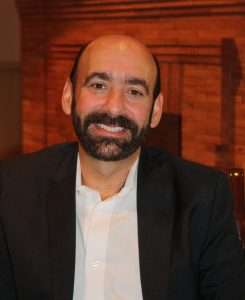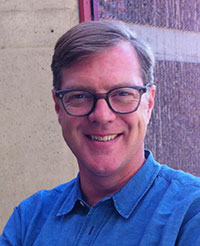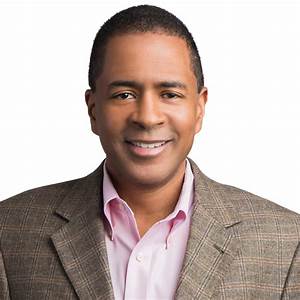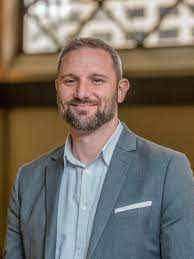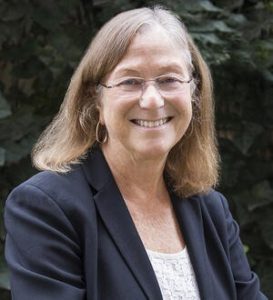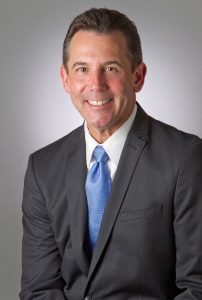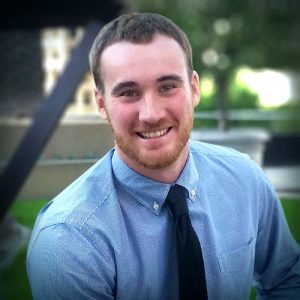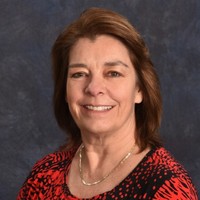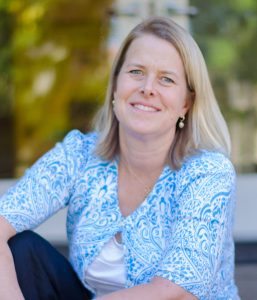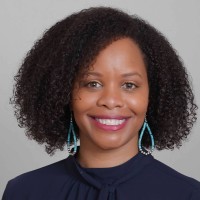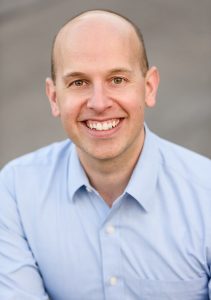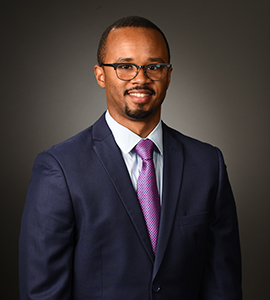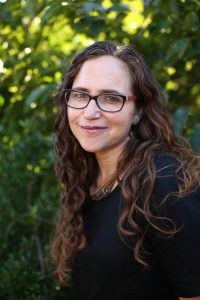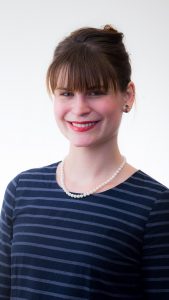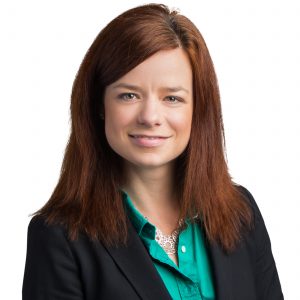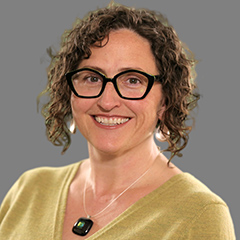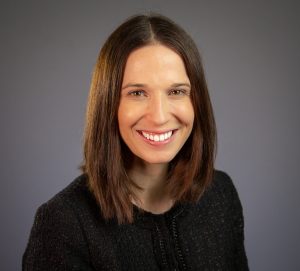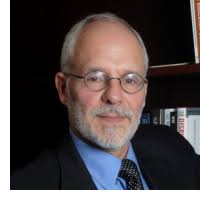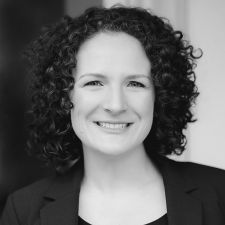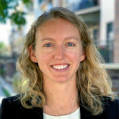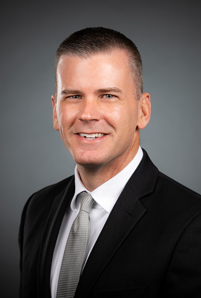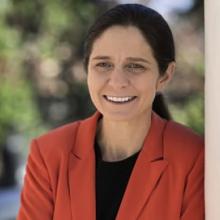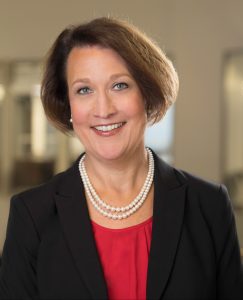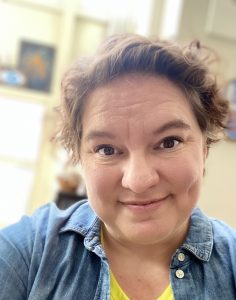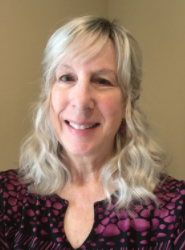How should we observe, measure, and compare the learning, occupational and other gains from opportunities for working learners?
While we live in an era of ubiquitous data, the nation is without a shared infrastructure for observing how people move across schools and workplaces and accumulate educational credentials. This workstream will feature a series of case examples for how government agencies, educational organizations, non-profits and business firms are building novel collaborations to leverage evidence to improve understanding of educational and employment trajectories.
Our output will be a framework for how to build cross-sector data collaborations to improve practice and build applied science in this sector.
Conveners
Richard Arum
Mitchell Stevens
resources
Working Learner College Students: A Diverse Not-So-New Majority
University of Arizona sociologist and higher education researcher Regina Deil-Amen offers an aerial view of how the evolution of the US racial-political economy has substantially grown the ranks of working learners in college, creating new opportunities for individual and institutional transformation, but also new forms of precarity for working learners.
Hiring Working Learners
Northwestern University sociologist Lauren Rivera offers a concise brief on the importance of attending to the the assumptions, beliefs and behaviors of employers as they consider working learners at the point of hire.
Developing Transformative Working-Learner Measurement Infrastructure
UC-Irvine sociologist and education researcher Richard Arum offers a big-picture framework for conceptualizing collaboratively built infrastructure to observe how working learners accumulate skills, credentials, occupational titles and earnings as they move through the life course.
The Challenge of Defining, Measuring, and Improving Outcomes for Working Learners
Urban Institute economist Sandy Baum provides a high-level overview of the task of building a strong evidence base to inform government policy-making around services to working learners.
contributors
